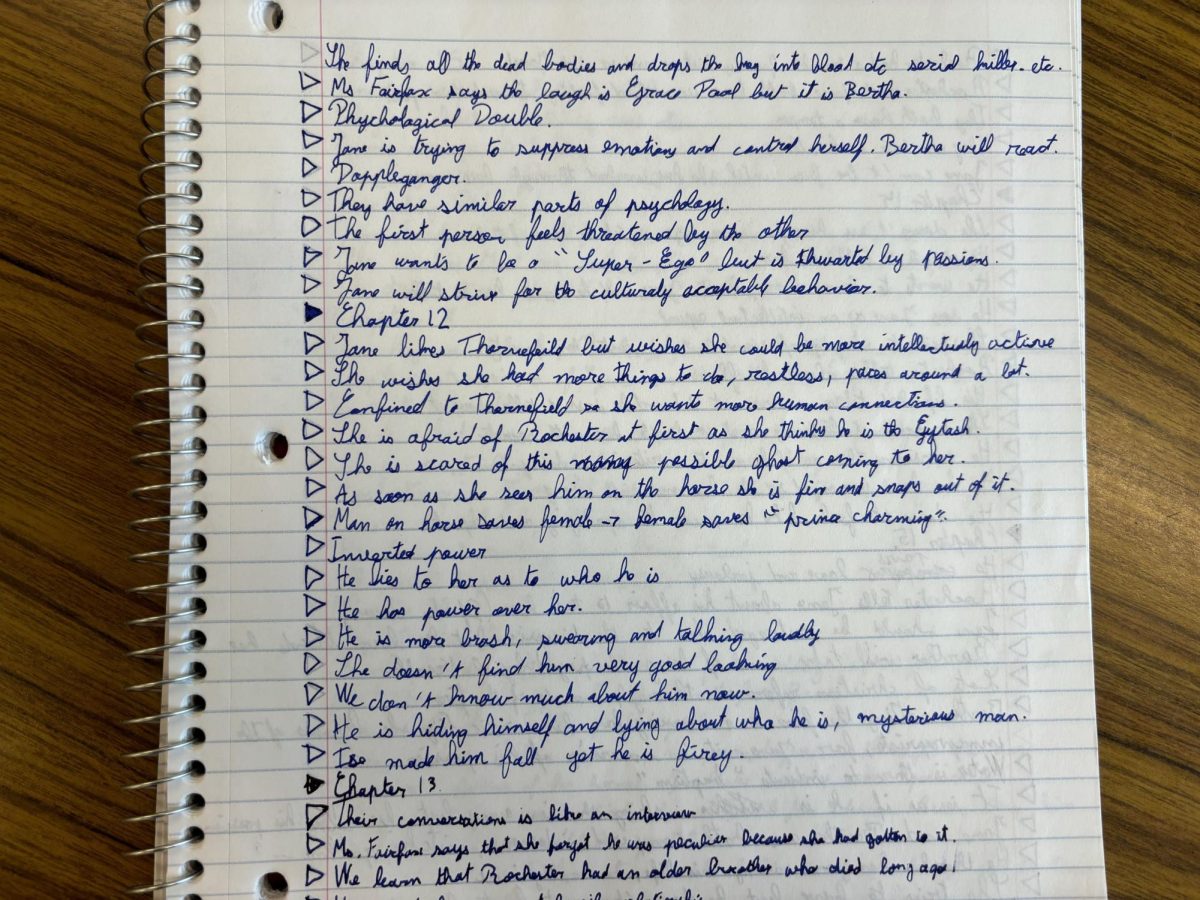You may know Elon Musk as the South African billionaire and founder and CEO of companies such as SpaceX and Tesla. You may know him as the real life Tony Stark. You likely do not, however, think of Musk as a conspiracy theorist.
In the past few months, Musk has made headlines by controversially stating his belief that it is overwhelmingly probable that we are all living in a simulation. Musk is not alone in believing this idea; in fact, many scientists and philosophers have also expressed such a belief.
Critics of the theory accurately point out that no known substantial physical evidence exists to support such a claim. The only support for the claim utilizes a purely logical philosophical argument. I will attempt to summarize this argument below:
Our simulation capabilities are advancing faster now than ever before in history. Intellectuals such as Musk, Neil Degrasse Tyson and Sam Harris postulate that we will be able to create simulated realities that are indistinguishable from reality in our lifetime. Even if you do not believe that we will see technology advance that quickly, it should be conceivable that we will be able to authentically simulate reality in, at most, a few centuries. This can be approximated by looking at trends in technological progress so far: technology has historically advanced following an exponential pattern. Even if we suddenly started advancing in a linear fashion, we would still reach a simulation power relatively soon.
Still skeptical? Maybe you think that computers cannot in principle simulate the world to such a degree of realism. Maybe you believe the world is just too complex to simulate on a computer. However, remember that this simulation would not need to be an exact replica of the world – it would only need to be realistic enough to convince its inhabitants.
So, let’s say we are living in a simulation. What would that make us? Humans living in some real world connected to machines like in The Matrix? What would be the purpose of keeping people in a simulation and leaving them unaware of it? It seems more likely that we would actually be some form of Artificial Intelligence (AI).
Maybe you think this is impossible. Maybe you think that humans are just too smart to be test subjects of AI, and that the world is too real to be a simulation. Humans are creative, innovative and artistic. How could a computer compose a symphony, write a novel or invent new technology? Surely this disproves the simulation theory.
Science suggests that creativity is, in fact, a product of the same logical thinking that computers have already mastered. When someone creates a work of art or comes up with an inventive idea, they are actually only utilizing the same analysis mechanisms that we use for all of our thoughts. The evidence shows that it is probable that AI will inevitably surpass our own intelligence.
So we have established that both indistinguishable simulation and artificial intelligence are possible. It follows that a simulation within a simulation would also be possible because if we were able to recreate humanity on a computer, they would be able to do the same. So finally we ask ourselves, who is to say we are not ourselves in a simulation? Elon Musk believes that it is extremely unlikely that we are in “base reality”, and not ourselves in some simulation. Neil Degrasse Tyson has said that he thinks there is at least a 50% chance that we are living in a simulation. I personally am unsure about my belief about this topic, but I definitely consider it a possibility.









Gideon • Jan 4, 2017 at 11:14 am
Sure it’s possible we live in a simulation. However, there’s no evidence that we do. The burden of proof is on the person claiming we do live in a simulation to present positive evidence that our current world is better explained by the idea that we live in a simulation. There is currently no evidence for this.